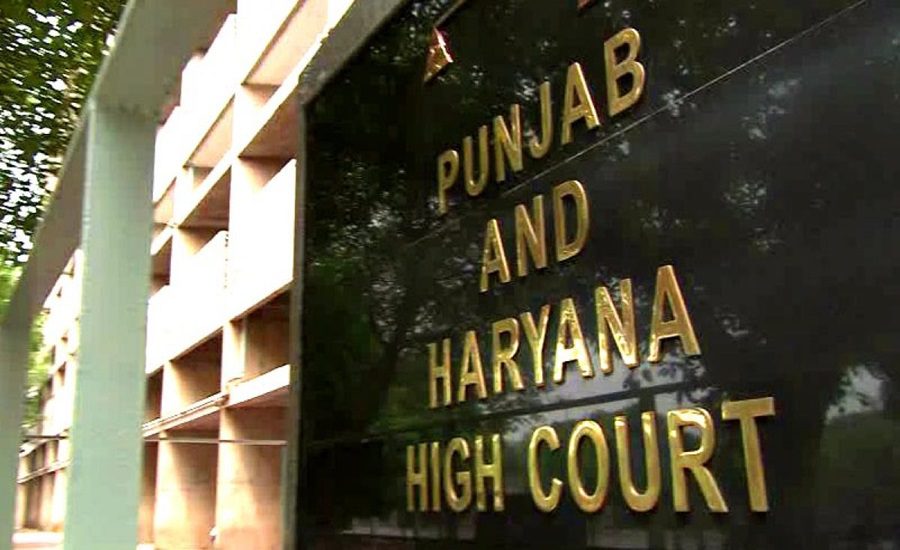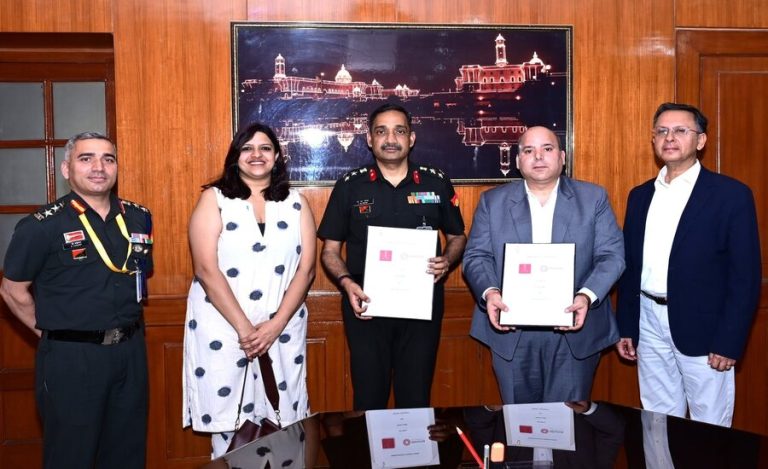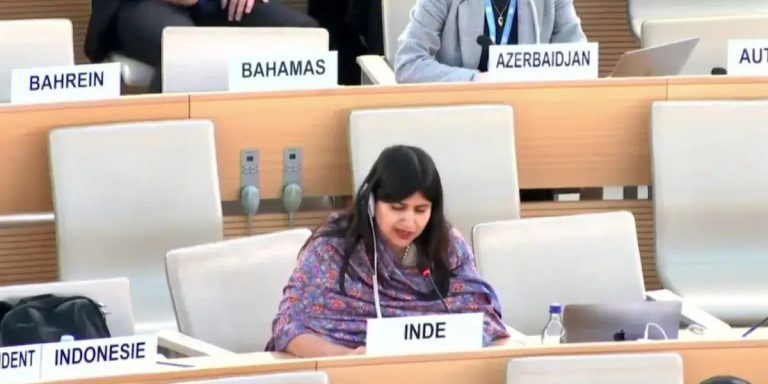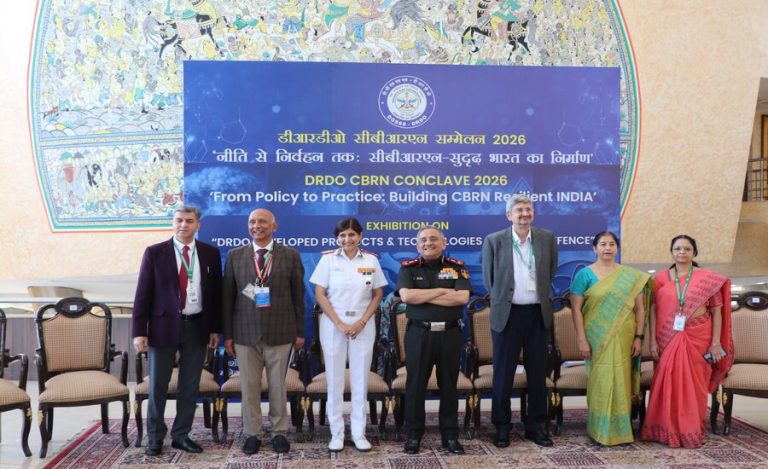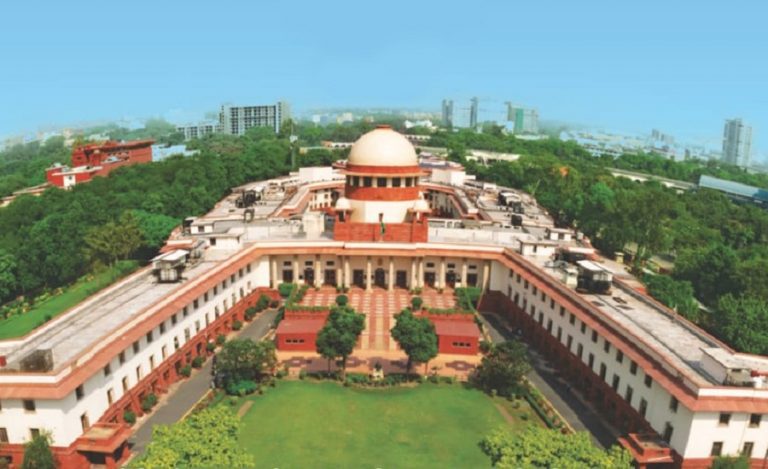Chandigarh: In a significant recruitment law ruling, the Punjab and Haryana High Court has directed the Haryana Police Director General of Police (DGP) to reconsider the candidature of a male constable aspirant whose application was rejected because he was facing trial in a road-accident FIR during antecedent verification.
Background of Haryana Constable Aspirant Case
The candidate applied for the post of Male Constable (GD) in Haryana and cleared all phases of selection. During the recruitment process, in compliance with Rule 12.18 of the Punjab Police Rules (as applicable in Haryana), he disclosed a pending FIR. The case involved alleged offences under Sections 279, 337, 338 IPC and Section 181 of the Motor Vehicles Act, relating to a vehicular accident.
Read Also: Serious Red Flags: Supreme Court Uncovers Lapses in Punjab Judiciary Infrastructure Funds Misuse
In September 2023, during antecedent verification, the District Attorney and Superintendent of Police reported the trial was pending. The authorities rejected his candidature citing Rule 12.18(3)(c) that precludes candidates charged with offences of moral turpitude or those punishable with three years or more imprisonment. However, the trial court later acquitted the candidate on 03.05.2025, holding the complainant’s version was hearsay and unsupported by evidence.
Face Behind This Judgement
The case was heard by Justice Jagmohan Bansal of the P&H High Court, who analysed the nature of offences and the relevant rule. He emphasised that the clause in question was negative-in-form — i.e., only certain offences clearly listed (involving moral turpitude or imprisonment of three years or more) necessarily disqualify. Any other offence requires holistic assessment.
Importance of the Ruling
Sets precedent for police recruitment: It clarifies that vehicular accident charges do not automatically amount to moral turpitude under PPR.
Reinforces fair antecedent verification: Calls for a nuanced, case-by-case evaluation rather than mechanical rejection.
Protects aspirants’ rights: Candidates acquitted later or facing certain types of charges may get reconsideration.
Impacts state recruitment policy: Haryana (and other states applying PPR-type rules) need to revisit how pending cases affect selection.
Key Challenges to Watch
Ambiguity in rule definitions: What constitutes “moral turpitude” remains vague in police rules.
Delay in trial outcomes: Recruitments proceed while cases are pending, creating uncertainty for candidates.
Administrative discretion risk: Without clear guidelines, decisions may become arbitrary.
Verification timing mismatch: If acquittal happens after verification, the delay may cost eligible candidates their chance.
Key Implications
For the aspirant: He may now be considered for appointment with back-dated service benefits if found eligible.
For the police force: Must revisit decisions of exclusion based solely on pending FIRs not falling under specified categories.
For policy makers: Potential need to amend or clarify recruitment rules to reduce litigation and promote transparency.
For future aspirants: Signals that full disclosure and acquittal matter; pending trial by itself may not be disqualifying depending on offence type.
Way Forward
- States should amend recruitment manuals to define “moral turpitude”, list non-disqualifying offences, and set a timeline for reconsideration.
- Ensure that verification and trial outcomes are aligned — perhaps freeze decisions until the case is resolved or provide conditional appointment.
- Aspirants must be informed explicitly whether pending FIRs will lead to automatic rejection or will be assessed on merits.
- Equip DGPs, selection boards, and verification units to apply the rules fairly, avoiding mechanical rejections.
- Courts and administrative bodies should audit recruitment decisions to check if fair assessments are actually being made.

